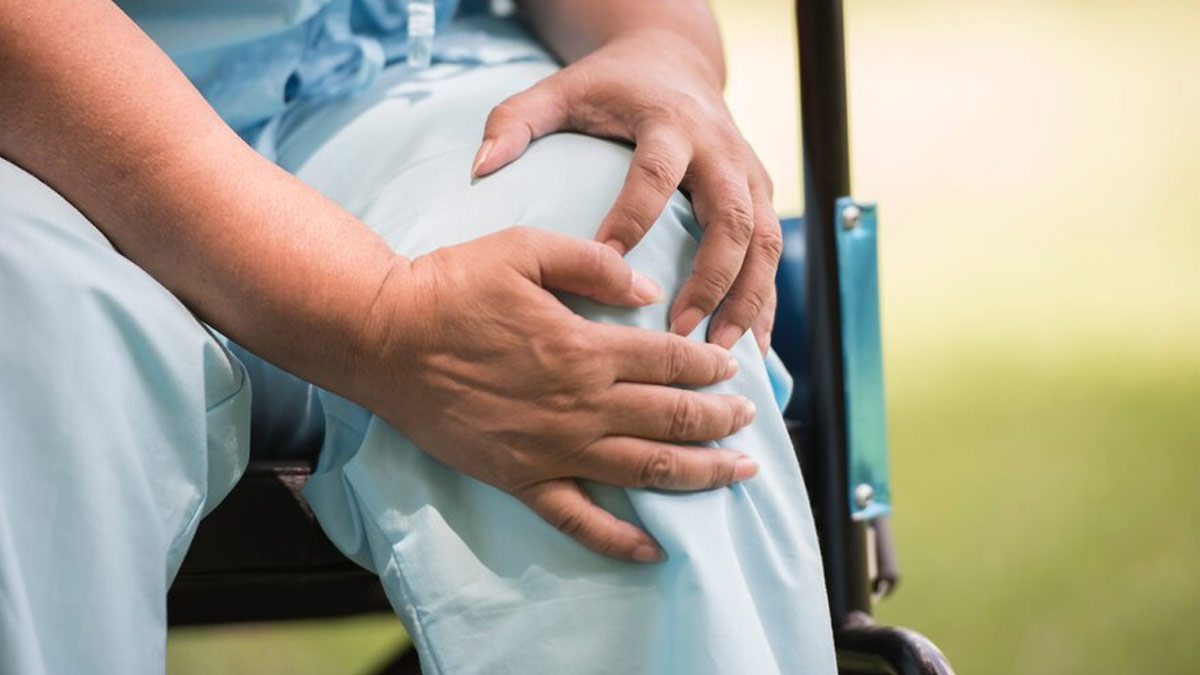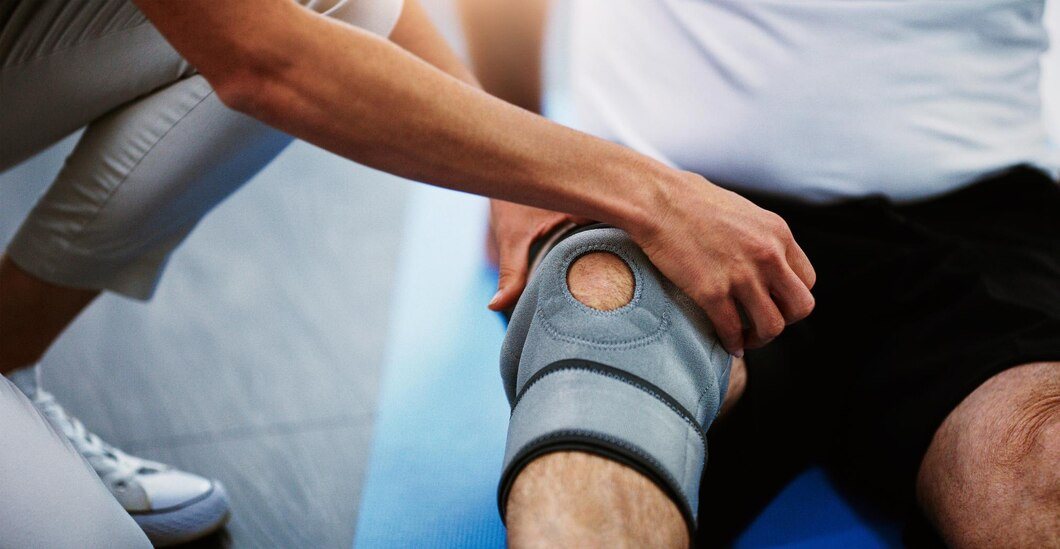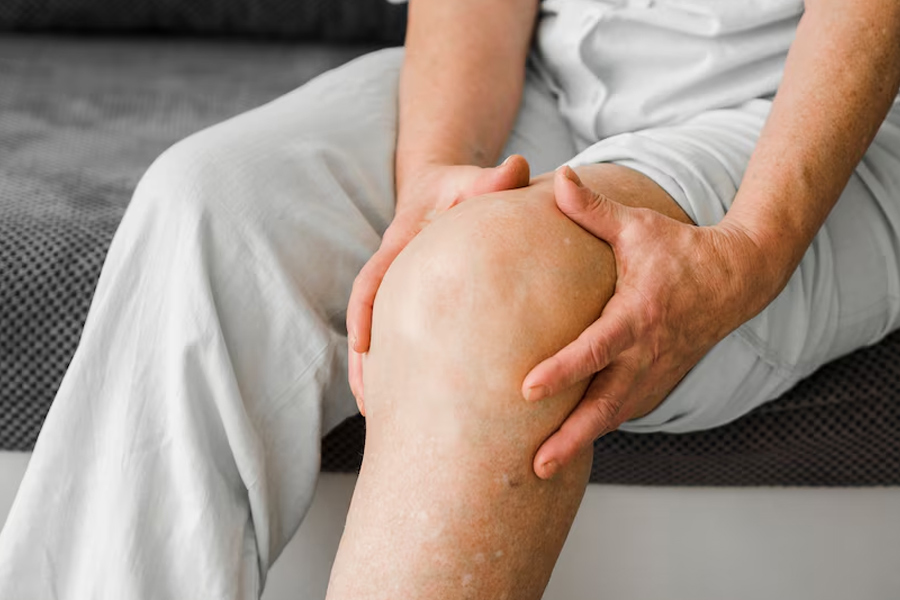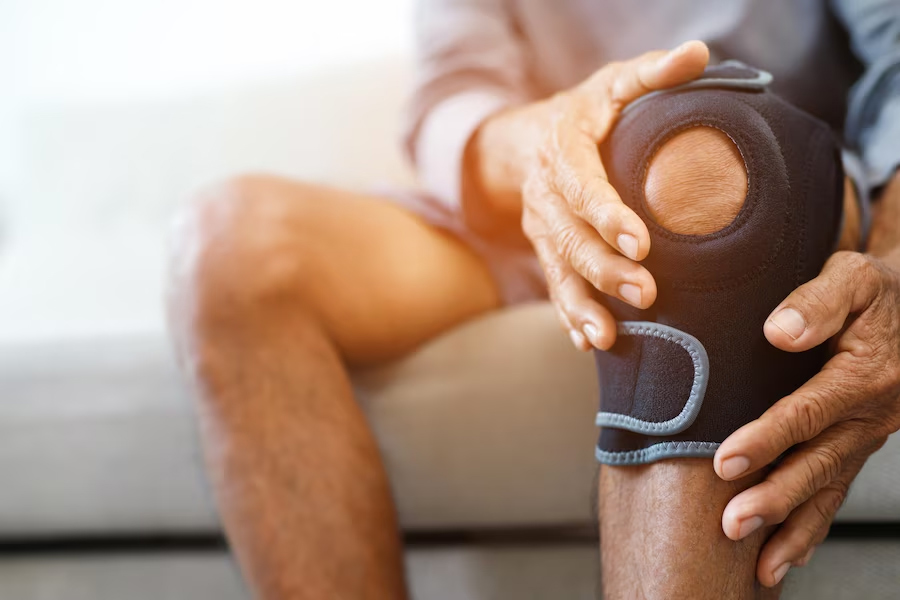
Did you know there are over 100 types of arthritis? This condition, characterised by joint inflammation, can impact various body parts, including the knee. Knee arthritis is particularly common, with major types including osteoarthritis, rheumatoid arthritis, and posttraumatic arthritis.
Table of Content:-
In an interaction with the OnlyMyHealth team, Dr Nikheel Pansare, Consultant - Robotic Joint Replacement and Sports Injury, Arthroscopy Surgeon, Manipal Hospital, Kharadi, Pune, discussed how knee arthritis affects people and what people can expect when they have this condition.
Also Read: Rheumatoid Arthritis Affects More Than Just Your Joints: Note The Unusual Symptoms Of The Condition
What Is Knee Arthritis?

Dr Pansare described knee arthritis as an inflammation and degeneration of cartilage (i.e., a smooth coating at the ends of the bone) in the knee joint. It leads to pain, stiffness, swelling, and reduced mobility and is more common in older people, where it can affect one or both knees.
However, it is important to note that young people can also develop this condition due to an injury or other inflammatory disorders.
Most Common Cause Of Knee Arthritis

As discussed, osteoarthritis, rheumatoid arthritis, and post-traumatic arthritis are the three primary types of arthritis that affect the knee joint, according to Dr Pansare, who adds that the most prevalent kind, osteoarthritis, comes on by ageing because of wear and tear of the cartilage and the entire joints.
As per the World Health Organization (WHO), the typical onset of osteoarthritis is in the late 40s to mid-50s; it may also affect younger people, including athletes and people who sustain joint injury or trauma.
Moreover, about 60% of people living with osteoarthritis are women, the global health body notes.
Dr Pansare added that an autoimmune inflammatory condition that targets the joints is also called rheumatoid arthritis, which happens in a relatively younger population. Post-traumatic arthritis develops after a knee injury, like fractures or ligament injuries.
Symptoms Of Knee Arthritis
Some of the key symptoms of knee arthritis include:
- Knee pain
- Joint swelling and stiffness, especially during activities
- Decreased range of motion
- Warmth in the joint
- Popping or grinding sensation when the knee is moved
- Impact on daily activities
Also Read: Health Conditions That Cause Joint Pain Other Than Arthritis
Diagnosis And Treatment

A physical examination, patient history, imaging tests like Magnetic Resonance Imaging (MRI) or X-rays, and a few laboratory tests are usually helpful to diagnose knee arthritis.
As far as treatment is concerned, Dr Pansare says changes in lifestyle, physical therapy, painkillers, and, in extreme situations, knee replacement surgery are among the available treatment options.
Additionally, using supporting equipment, exercising, and controlling weight can all aid in managing symptoms.
However, the primary focus should be on reducing the risk of knee arthritis. While it is not entirely preventable, various precautions like maintaining a healthy weight, doing frequent low-impact workouts, and practising good posture can all assist in protecting the knees.
“Early detection and treatment of symptoms can also delay disease progression, thereby avoiding or delaying the need for knee replacement surgery,” Dr Pansare concluded.
Also watch this video
How we keep this article up to date:
We work with experts and keep a close eye on the latest in health and wellness. Whenever there is a new research or helpful information, we update our articles with accurate and useful advice.
Current Version
